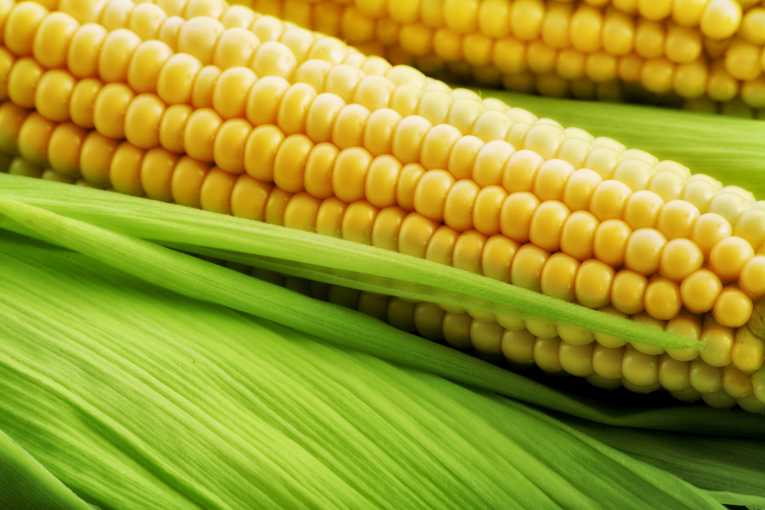It's actually happening; after years of forewarnings Global Warming is now demonstrably affecting the way that we live and adversely impacting certain regions of the world. A recent study conducted by research scientists based at Stanford University, California was reported at the International Maize and Wheat Improvement Center (CIMMYT) and the results showed how increased temperatures have proved harmful to Corn crops in Africa.
The study, published in the inaugural issue of Nature Climate Change, was conducted over eight years, between 1999-2007, in the Kiboko area of Kenya. The Corn yield used by the research team was an agricultural field synthesised specifically to be used as a test subject, and the findings were very clear; Corn has fallen victim to the rising temperatures attributable to Global Warming.
Corn has long been thought to be a particularly resilient crop; one tolerant of varying temperatures and a high resistance to weather which includes the extreme and consistent application of heat to Maize fields. By evaluating the results from 20,000 trials from the sub-Saharan region of Africa, researchers combined the accumulated data and discovered that in actual fact Maize is not immune to exposure to high temperatures.The results relating to Corn yields (usable crops harvested from agricultural sites) was compared with coinciding weather reports to ascertain whether rising temperatures had reduced the production of crops. The results were alarmingly conclusive; a temperature variation of just one degree would reduce Corn yields by around 65% within the African test area studied, even where the average rainfall remained at the 'ideal' conditions during this period of time.
In the event that the tested area suffered from drought (i.e. that average rainfall was below normal) the crop yield would be reduced by as much as 75%. Those involved in the study were especially concerned that Corn, with its reputation for being a relatively hardy, survivalist crop, was so easily affected by Global Warming. To get to grips with the extent of the problem, and to measure how this data is altered in other areas of the world, similar test sites are now being established in India, China and Brazil (countries which have varying climates).
By combining information relating to weather and crop yields, the research team have managed to shed new light on how Africa may be affected by Global Warming in the future. It is hoped that data of this nature can be used to predict future crop yields, highlight existing trends, and draw attention to the immediate danger posed by the continued release of greenhouse gas emissions.










